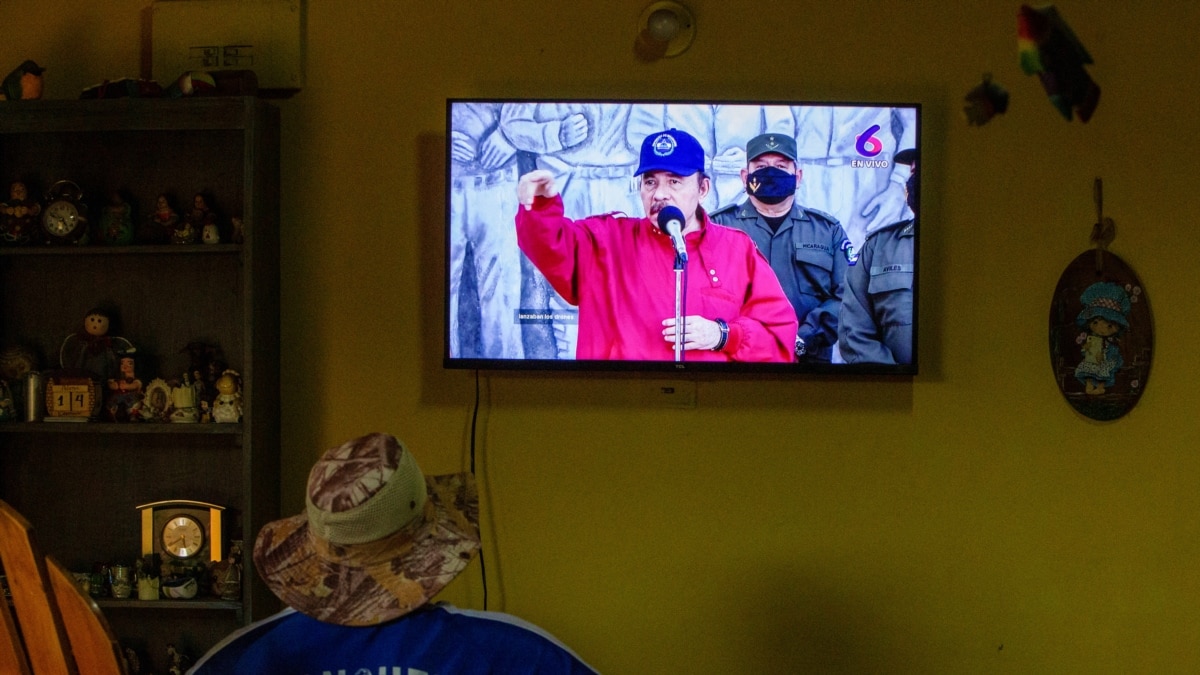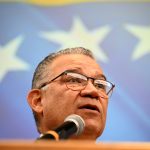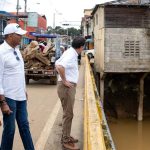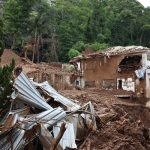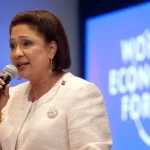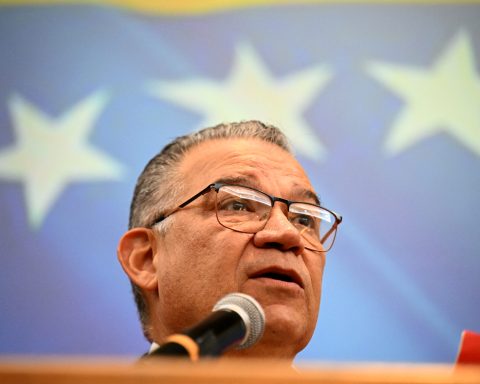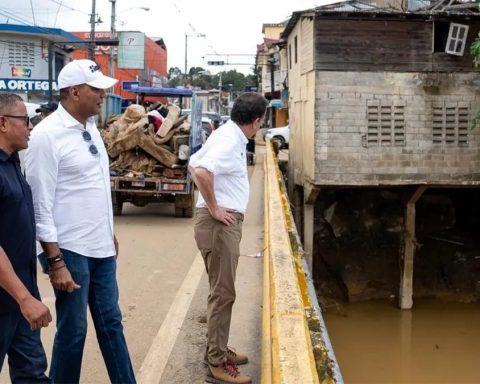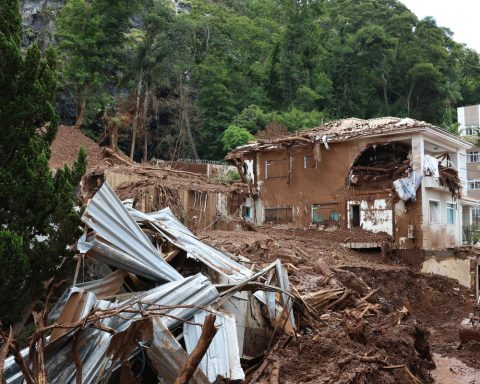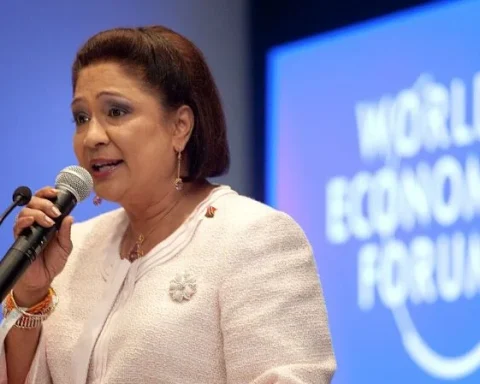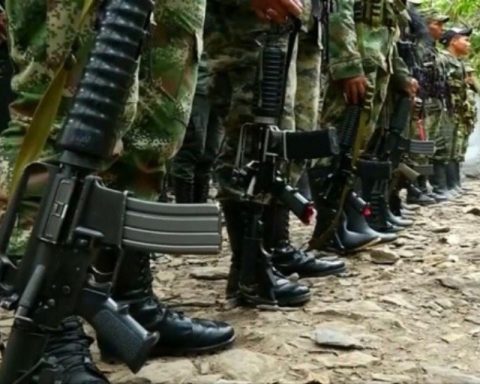After an electoral campaign without parties, demonstrations or real opposition, the ruling Sandinista party led by President Daniel Ortega hopes to win the municipal elections next Sunday in Nicaragua, to expand its power in the 141 mayoralties that are already under its control.
The Sandinista National Liberation Front (FSLN) is approaching single party status in Nicaragua. In the last two years, several opposition parties have been canceled and their candidates jailed. Last July, the police expelled five municipal mayors from the opposition formation Ciudadanos por la Libertad (CxL), dissolved by the authorities in 2021, and replaced them with Sandinista representatives.
The Inter-American Commission on Human Rights (IACHR) expressed on Friday its “concern” about the fact that “the minimum necessary conditions” to hold free and fair elections do not exist in Nicaragua. He called on the government to restore democratic guarantees and end the repression.
Especially since the run-up to last year’s national elections, in which Ortega was re-elected for the third time for a fourth consecutive term, the government has shut down some 2,000 non-governmental organizations and more than 50 media outlets, while cracking down on voices of dissent. Another 100 NGOs were closed on Friday, as was officially announced.
The level of distrust in the elections and in the registered candidates is such that “people don’t even talk about the elections,” a public accountant who works in Managua told The Associated Press and requested anonymity for fear of reprisals. “People like balance, not compromise, but there is no real opposition here.”
He said he had not seen the candidates touring the city in caravans, as usual, nor banners announcing candidacies during the campaign that closed last weekend.
According to the Supreme Electoral Council, 153 mayors, 153 deputy mayors and more than 6,000 municipal councilors will be elected on Sunday. At least 3.7 million Nicaraguans are eligible to vote.
The FSLN leads an alliance called “United Nicaragua Triunfa”, made up of eight indigenous and religious parties and movements that support the government.
In the capital, the Sandinista mayor Reyna Rueda, close to the first lady and vice president Rosario Murillo, is seeking re-election. She will face a candidate from the Liberal Constitutionalist Party (PLC) who is not part of the Sandinista alliance, but whom the opposition denounces as “collaborationist” and for helping to create an opposition façade.
In addition to the PLC, a party that one day was led by former liberal president Arnoldo Alemán, the government’s “rivals” are the Nicaraguan Liberal Alliance (ALN), the Alliance for the Republic (APRE), the Independent Liberal Party alliance (PLI Alliance) and the indigenous Yapti Tasba Masraka Nanih Asla Takanka (YATAMA).
Those excluded from political competition are, in addition to CxL, the Democratic Restoration (PRD) and Conservative parties, closed prior to the 2021 electoral campaign.
A group of 13 opposition organizations in exile said in a statement Thursday that the elections were a “farce” and an attempt by Ortega to install “an absolute, one-party dictatorial regime.”
“These are not elections to choose, but to appoint people related to the regime and make the international community believe that democracy is practiced in Nicaragua, when the country continues to be kidnapped by an illegitimate regime, accused of crimes against humanity,” he said. the document, signed among others by the Civic Alliance, the Blue and White National Unity, the Peasant Movement and the Nicaraguan Democratic Force (FDN).
For its part, the “Open Ballot Boxes” citizen observatory reported that it has documented 709 acts of political violence throughout the year and up to October 15, as well as six arrests of opponents in the last week.
In its statement on Friday, the IACHR highlighted that the government has excluded the true opposition from these elections, in a context of “government closure and co-option of civic spaces and democratic participation.”
He added that the government did not carry out reforms to the electoral system recommended by national and international organizations.
“The persecution, harassment, police siege against press workers, as well as the closure of at least 54 national media outlets and the creation of a censorship fence,” were criticized by the IACHR.
Connect with the Voice of America! Subscribe to our channel Youtube and turn on notifications, or follow us on social media: Facebook, Twitter and Instagram.
